Breaking
- MENU
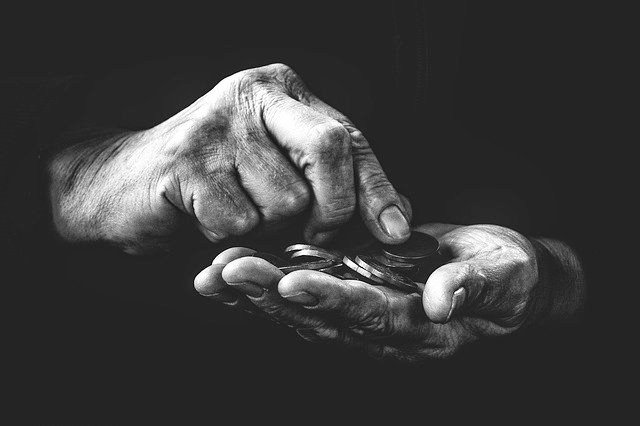
Exploring the Interface between Rentier States and Authoritarianism
The Middle East North Africa (MENA) region is home to 50 per cent of the world’s oil and gas reserves. Far from being a blessing, this has turned into a resource curse as it has facilitated the development of “rentier states or economies”. This was a term developed by the Iranian economist Hossien Mahdavy to explain how countries blessed with hydrocarbons earn external revenues or rents for their products. Through the sale of this oil and gas largesse on international markets, states in the region have been able to build to withstand societal pressures of democratization by breaking the umbilical cord between taxation and representative government.
Taxation, after all, always brings with it the demand for representation. In Qatar, for instance, the Emir provides employment, subsidies and social order in exchange for political quiescence. Indeed, Qatar is the world major exporter of liquefied nature gas and its 250,000 citizens has the highest GDP per capita in the world. Given the limited presence of hydrocarbons, the UAE has established alternative sources of rents. These include leasing property and by renting plots in the Emirates’ free zones. UAE legislation prevented foreign nationals from actually purchasing land. As a result, state elites secured rents seemingly in perpetuity.
Political elites make use of “rents” to buy off dissent, to co-opt the political opposition and civil society, to provide employment in an expansion of patronage networks and clientelism and arm and pay for a security apparatus whole sole purpose is to keep the incumbent in power. Following the fall of Mubarak and as Riyadh feared the tide of the Arab Spring washing its shores, the Al Sauds spent US$ 170 billion to pacify a restive population – raising civil servants salaries, and creating jobs by embarking on infrastructure projects. “Rents” then were used to co-opt the populace. In the process, prospects of democracy are stymied.
Oil exports account for 80 percent of Tehran’s foreign currency reserves and 60 percent of government revenues. These “rents” are used for a wide-ranging system of subsidies from food, education, water, fuel and electricity. Ultimately this is hardly sustainable for Iran. Regimes which make use of such subsidies buy legitimacy for itself in the short-term. The long-term consequences, however, are disastrous as subsidies hamper economic growth, create inefficiencies and negatively impact on the balance of payment and the fiscal position of the government.
Rentier States under strain
The rentier economy, and therefore the state system in the MENA region is however taking strain. In Dubai, a bubble economy has developed over the years as a result of over-building and property speculation. Currently, the property market has been on a downward trajectory for the past five years with house prices plummeting by 30 percent. This, in turn, holds negative consequences for the city’s banks as bad loans and defaults increase. Consequently, there have been calls to halt home construction for two years if an economic disaster is to be avoided.
More pressing than the challenges confronted by Dubai is the calamity confronted with by oil and gas producers in the region on account of decarbonisation policies and the advancement and adoption of low-carbon technologies made worse by the Covid-19 pandemic. Oil and gas prices will remain subdued whilst competitive alternatives like solar and wind energy challenge the dominance of hydrocarbons. Despite the rhetoric of economic diversification, MENA oil exporters are neither politically willing to make the necessary sacrifices and tough choices this will entail nor are they equipped for a rapidly decarbonizing future.
This holds serious consequences for these regimes. How do these regimes continue to maintain the structural inefficiencies, the clientelistic relations and resultant patronage networks? How can they policy reduce subsidies and institute taxes without giving political rights? The difficulties in engaging in such radical reforms are exemplified in Saudi Arabia. Its Vision 2030 Plan aims to reduce subsidies, institute taxes and reduce dependence on hydrocarbons as well as developing a thriving private sector. Already, this newly-launched initiative has run into trouble with civil servants and religious conservatives expressing their discontent.
The oil price also went onto free-fall falling after OPEC and Russia failed to arrive at a mutual agreement to cut oil production. Irked with Moscow’s recalcitrance, Riyadh decided to flood the market with oil resulting in the oil price to calamitously decline. The impact of the pandemic will further depress the oil price as demand dries up. By March 2020, the price of a barrel of crude oil was US$ 31,35. Consider that at the beginning of the year the price of the same barrel was an estimated US$ 60. Whilst oil prices are expected to stage a moderate come-back and trade at US$ 40 per barrel by December 2020, this is far below the break-even point for the oil producers of the MENA region.
Conclusion
All this holds political consequences. The rentier economies of the region are no longer sustainable and will have to tax their citizens as some have already started as well as reducing subsidies. Will MENA citizens echo the battle-cry of American colonists against their British overlords in the 1700s and cry out in rage: No taxation without representation? It is clear that the already fragile polities across the region and ruling elites whose grasp of the political reins of power were always tenuous will have to open up political processes. The latter holds promise, but also peril as the aborted Arab Spring uprising has aptly demonstrated.
Note: This article was originally published in Middle East Tracker on 11 June 2020 and has been reproduced with the permission of the author. Web Link
As part of its editorial policy, the MEI@ND standardizes spelling and date formats to make the text uniformly accessible and stylistically consistent. The views expressed here are those of the author and do not necessarily reflect the views/positions of the MEI@ND. Editor, MEI@ND: P R Kumaraswamy

Prof Hussein Solomon is an expert on conflict resolution, fundamentalism. He is a member of the International Advisory Council of the Toda Institute for Global Peace and Policy Research in Hawaii
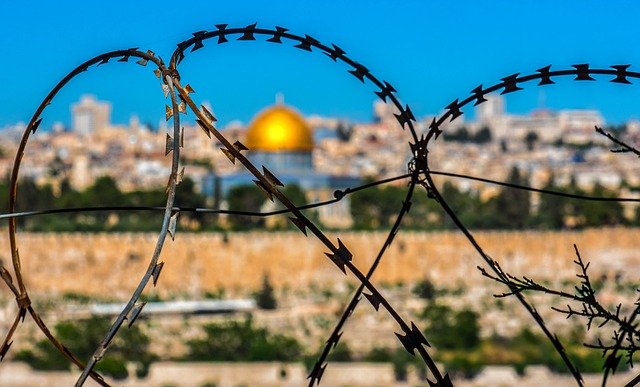
I’ve attempted to refrain from commenting on the Hamas-Israeli conflict, and failed. As an old.....

Much media attention was paid to the so-called Abrahamic Accords signed between Israel and the Unite.....
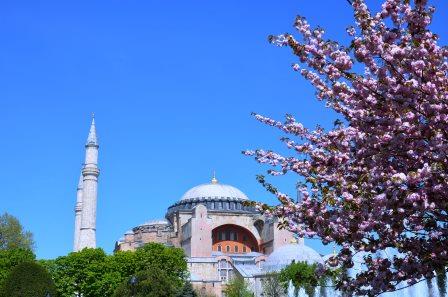
There is a wonderful story about Caliph Umar which I am particularly drawn to as a Muslim. Following.....
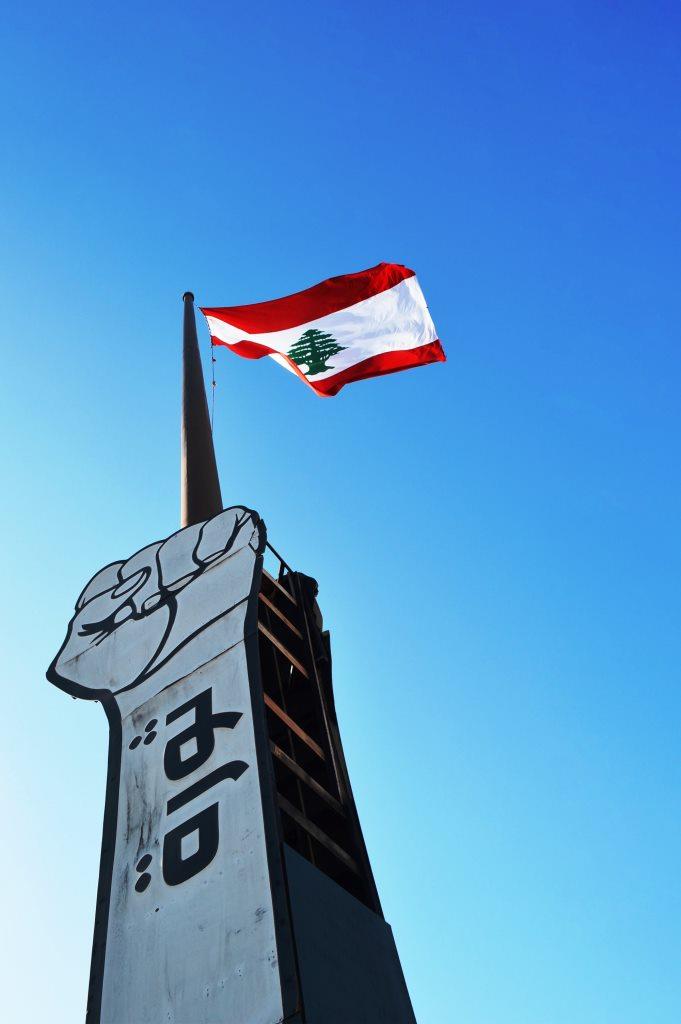
How does one manage a fractious polity with multiple identities existing amongst citizens? Some anal.....

As a child, this triple Abrahamic tradition in my family has always fascinated me as I attended a Ca.....
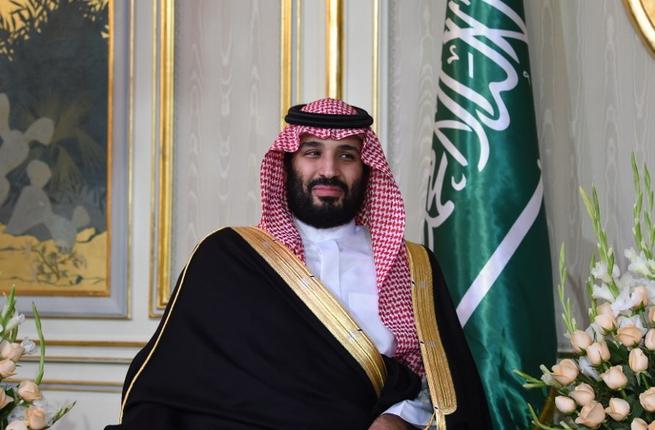
The ruling Saudi family has historically drawn their legitimacy from their proximity to the conserva.....
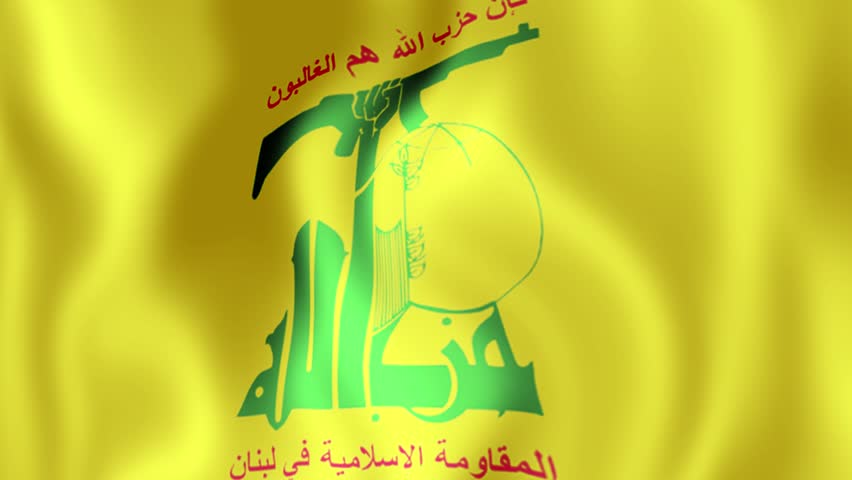
1. INTRODUCTION: FRAMEWORK OF ANALYSIS “Prior to September 11, 2001, Hezbollah was re.....
